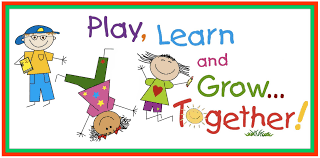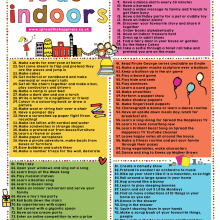In Hawking, we aim to make all learning fun and engaging in the classroom and at home. Each week suggested tasks that link to current weekly topics and learning are shared every week via Tapestry. This will be used throughout the year as a form of communication between home and school. It is to let you know how your child is getting on at school and to let us know what they have been up to at home. You are the first and most important educators of your child and we believe that in order to secure the best for them we need to work together. Please keep us updated as to what you are doing at home, as it all feeds in to the bigger picture of your child’s development. This can be done through Tapestry or a chat with any of the adults in Hawking Class.
Home Learning Challenges are usually a practical activities for you and your child to complete at home that builds upon what we have been learning in the classroom. The children love to share what they have been up to at home and we do this at the end of the school day during 'Sharing Time'.
Dough Disco is a fun activity which combines the use of play dough with a series of finger exercises designed to improve fine motor control. The movements develop children's fine and gross motor dexterity, hand-eye coordination and self-esteem. The overall aim is to ultimately support children's hand writing skills.
Phonics is a key component in Early Years in the development of reading and writing. Phonics home learning overviews are sent home weekly, so please support your child and reinforce the new phonemes and graphemes we are learning in school.
Reading is so important in Early Years. Reception children are heard reading at least x2 times a week in our focused guided reading sessions and will bring home a reading book (linked to their phonics learning) to share at home for the week, every Friday. We will also have the opportunity to visit our school library and choose a share book to take home and share with an adult each week. At home, it would be best if you could hear your children read everyday; little and often!
Children of all ages love to listen to stories so here are some great tips for sharing stories with your child...
-If you are at home, find a quiet place and turn off the TV or radio. This will help your child to listen without distraction.
-Sit close together when sharing a book and encourage your child to hold the book themselves and/or turn the pages
-Don’t be afraid to use funny voices – it’s a great way to make your child giggle. And don’t be afraid to sing either – they won’t care whether or not you sing in tune or know the words!
-Using a puppet to act out a story can help your child to understand what's going on and learn how to pretend play. Why not pick a character from your book and use the puppet to show what they are doing?
-When you talk to your child about what’s going on in a book, give them plenty of time to respond. Try to ask open questions that don’t require just yes or no answers. For example, ask them what they think will happen next ask or about how a character might be feeling
-Sharing books isn’t just about the words - point to the pictures and relate them to something your child knows
-Don’t read for too long. Young children get bored easily, so little and often is best. Try regular bedtime or bath time story sessions.
-And lastly – make it fun! It doesn’t matter how you read with a child, as long as you both enjoy the time together!


